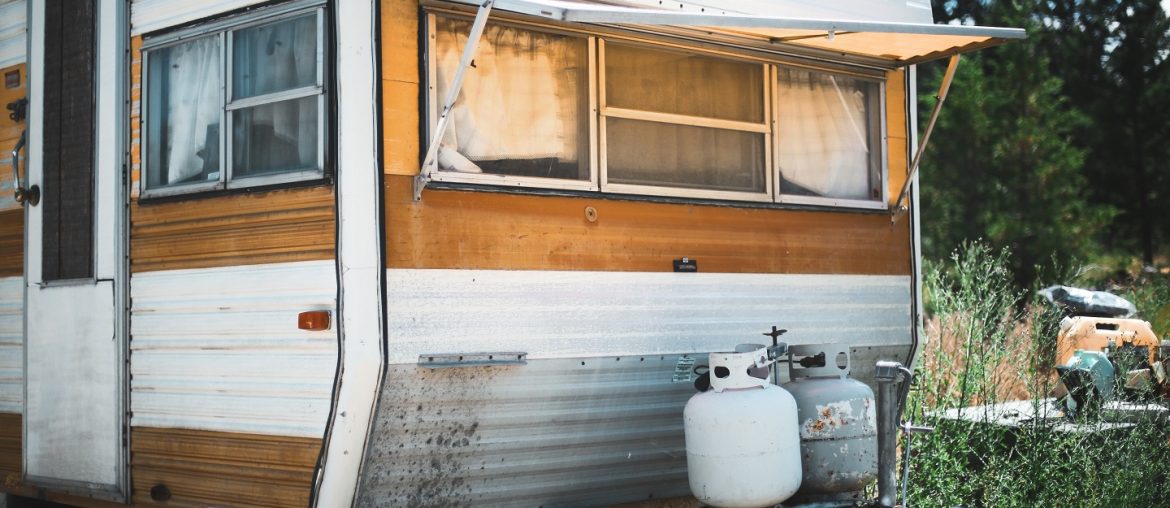Gas stoves definitely have some perks; their user-friendliness is more than any other appliance. There are no restrictions when using various kinds of pots, be it stainless steel or cast iron. It takes only a few seconds to heat up and controlling the intensity of the heat is pretty easy too, which gives you total control over the cooking process. Not to mention that they are relatively cheaper than other options. You only have to pay a small amount of cash every month for unlimited usage of natural gas. Keeping the gas stove clean is pretty easy, too (as long as you can take care of the unwanted grease that builds up).
But recently, there has been a noticeable shortage of gas in a lot of neighborhoods around Dhaka. Sometimes there will be very little fire in the morning which makes it difficult for everyone to cook. People are already looking for alternative options. Here’s what we gathered from looking into the most hassle-free and environmentally friendly ways of cooking.
LPG

Liquefied Petroleum Gas is a sort of clean and green hydrocarbon fuel. Using this is one of the distinctive ways to reduce your carbon footprint. It’s relatively cheaper than other options. According to a report of Dhaka Tribune published in October 2019, a 30 kg LPG cylinder costs BDT 2,850 to BDT 2,950. It is often the most preferred option since using it means we are being conscious about our environment, too. There are now many companies that are delivering these gas cylinders directly to your doorstep.
Induction Cookery
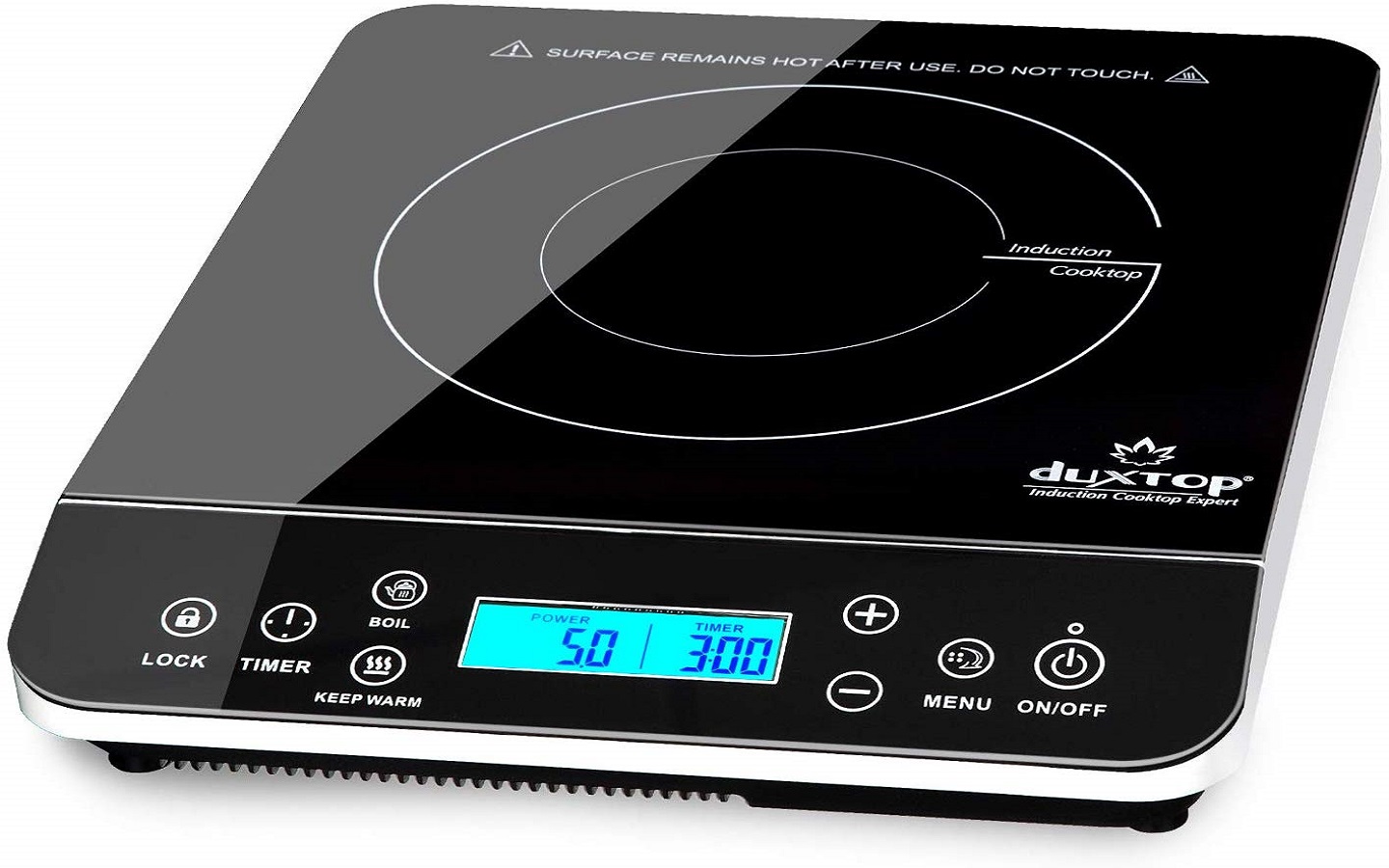
Induction cookery does not require gas at all. An induction cooker is basically an electromagnet set inside a regulated insulated and non-insulated material that you can cook with. When you turn on the power, the electronically powered coil of metal inside makes current flow through the coil and creates a magnetic field which then penetrates through the pan set on top. The induction surface doesn’t get hot, the pan does. All in all, the entire process is about 20-25% faster than any other option.
However, induction cookers are relatively more expensive than a traditional gas stove. Also, not many Bangladeshis are aware of it yet. Also, only specific kinds of pans work with induction cookers.
Crockpots

Crockpots are amazing at cooking slowly over a given period of time. What makes it efficient is how you can just plug-in and let it do its work! All you need to do is mix your ingredients and set a timer. It’ll cook over time and the result will be delicious food ready with minimal effort given. The con, however, is the immense electrical bill. Moreover, keeping an appliance turned on for a long duration is probably not the safest thing to do.
Portable burners
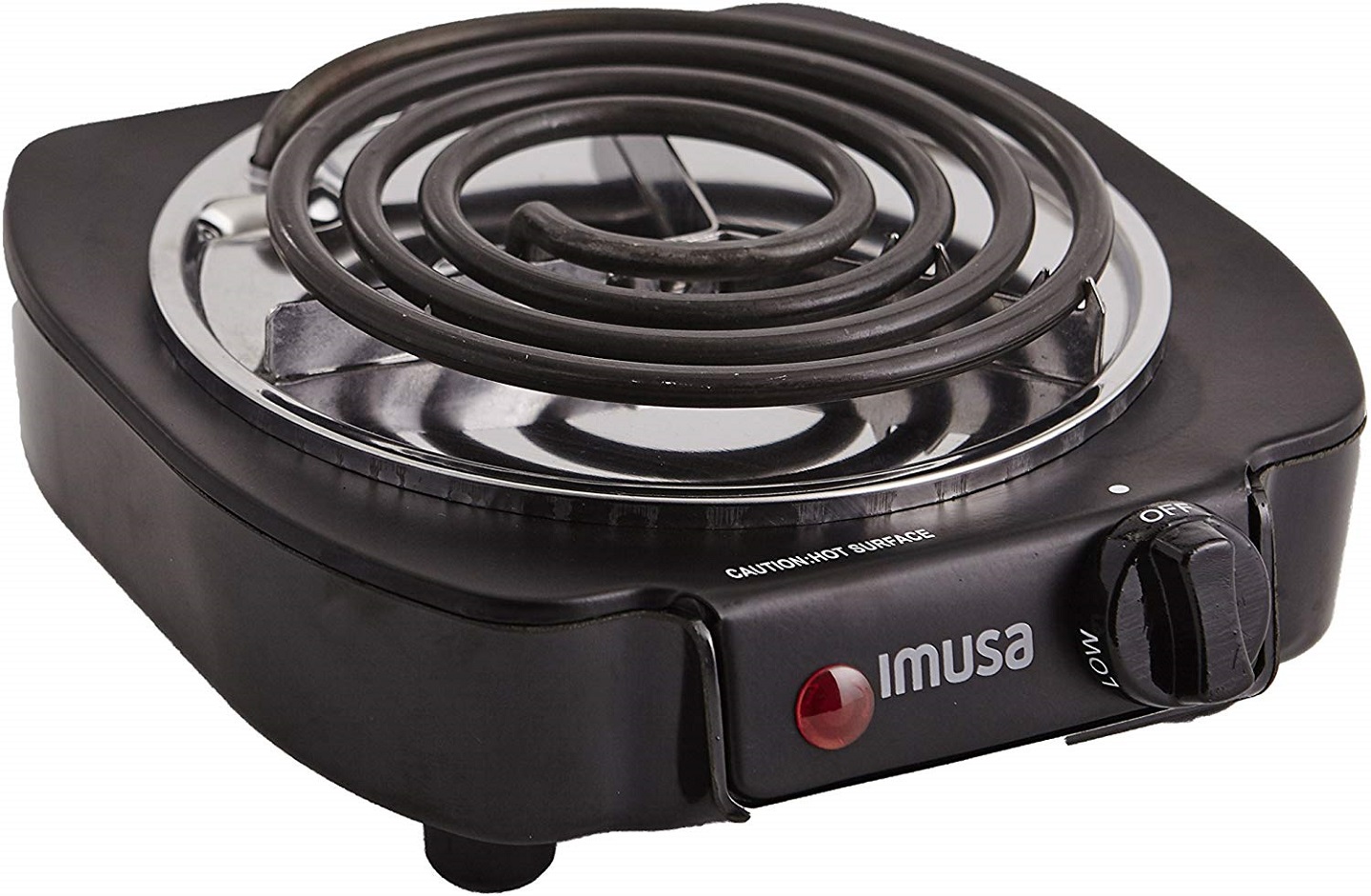
It’s basically a solo electric stove, which when plugged in, will let you cook. The look of it is similar to an induction cooktop but its portability is a definite advantage. One of the drawbacks is how expensive it can be. The thing with technologically advanced appliances is that they are usually costly as well. And they need to be operated in a certain way which is a hassle compared to the usual gas stove everyone is accustomed to.
Propane
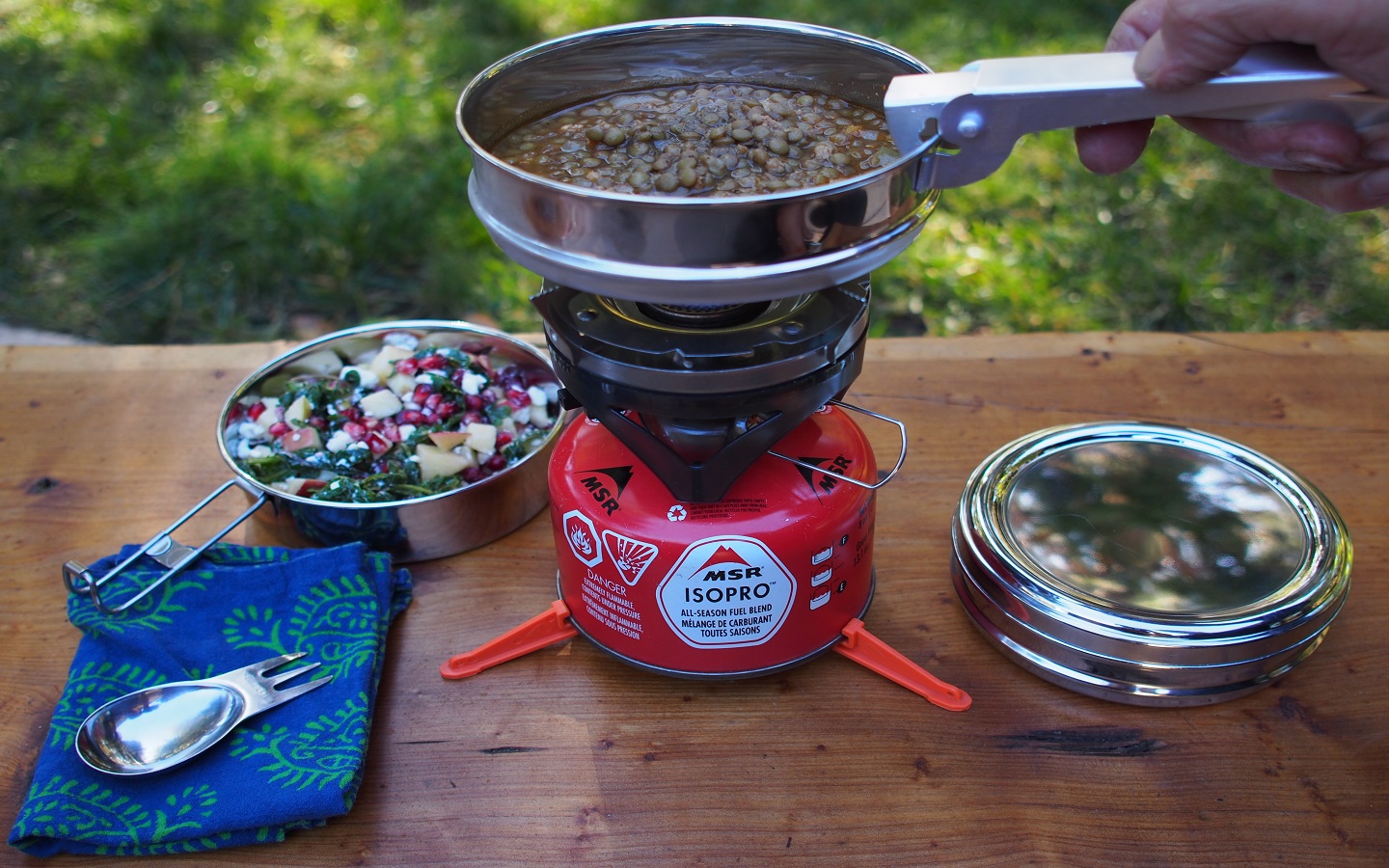
Propane comes from natural gas processing and crude oil refining. It is one of the most common alternatives to natural gas. It is abundant, and also, when compared to natural gas, it is a more cost-effective and efficient option. One cubic foot of propane equals 2,516 BTUs, while one cubic foot of natural gas equals 1,030 BTUs. This means propane provides more than twice the energy of natural gas, and it is also far less expensive than natural gas.
It is a flammable substance and it needs to be handled with care. It’s not very common for propane tanks to explode. The tanks are not connected or used in gas pipelines, which make this energy source less risky than natural gas. In comparison, natural gas lines pose a wild threat to leaking and causing potentially deadly accidents.
Bio-diesel

Biodiesel is made from vegetable oils and animal fats. These are renewable resources that come from plants such as peanut, palm, coconut, safflower, and canola. Atrophy, soybean, sunflowers, corn, olive, sesame, cottonseed, etc. can also be used. Once these fats or oils are sieved out from their hydrocarbons, they are combined with alcohol such as methanol. Then the diesel is brought to life from this semi-chain chemical reaction. These raw materials can either be mixed with pure diesel to make various proportions or used as a unique diesel. Bio-diesel releases fewer pollutants (carbon monoxide particulates and hydrocarbons) compared to conventional diesel because bio-diesel burns both cleanly and more efficiently.
Natural gas is not renewable, and we will eventually run out of reserves. Natural gas is primarily made of methane and is toxic in its natural state. When compared to carbon dioxide, unburned natural gas is almost 70 times more potent. Processed natural gas is also explosive, which can result in fatal leaks. In fact, natural gas explosions have long been a problem throughout history and are responsible for many severe injuries and fatalities.
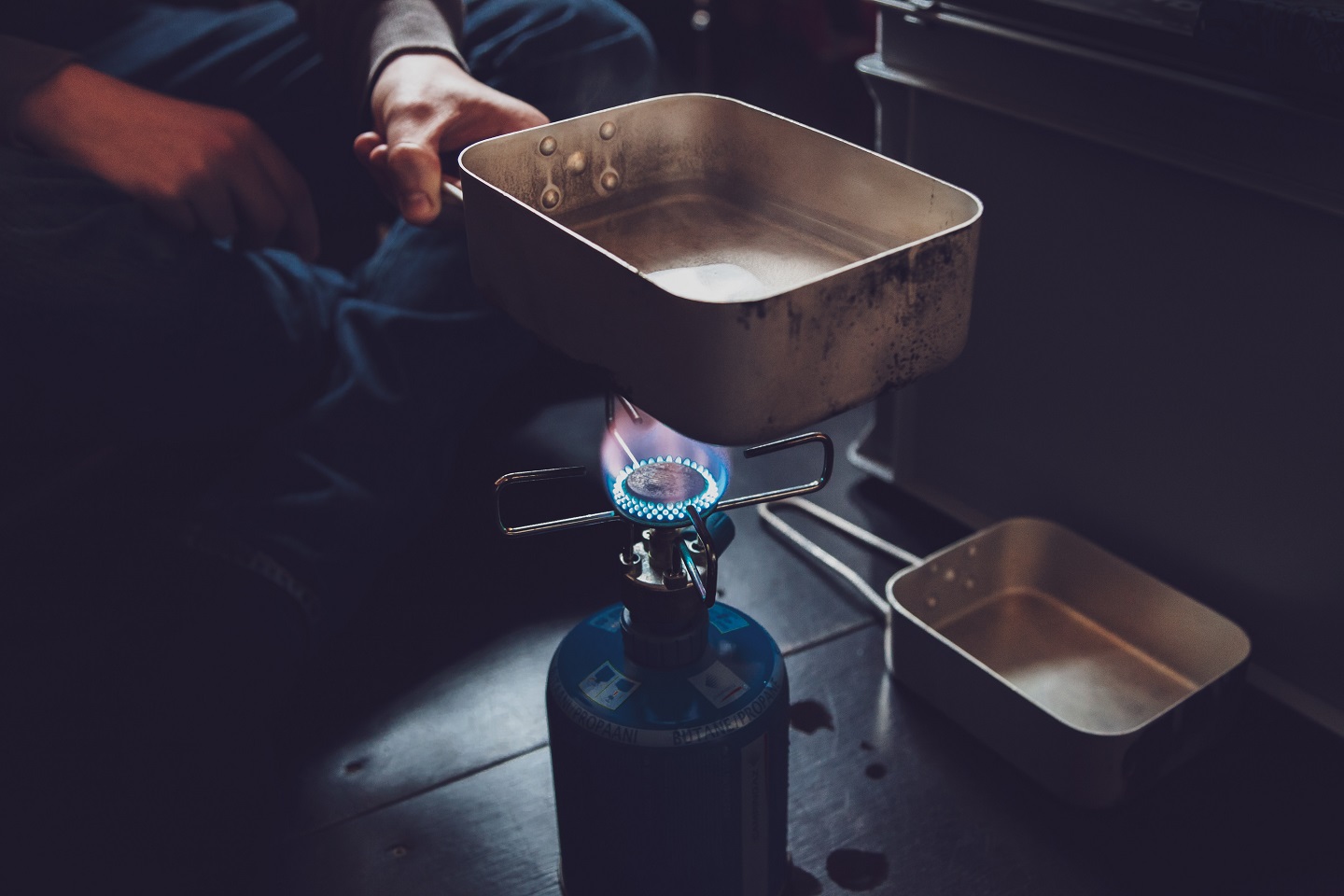
If your home doesn’t already have piping for natural gas, it is costly to bring it into your home. Dhaka has strict rules about creating new gas lines for many places and new homes, so it’s good to first find out if it is even possible for you. To find a safer, more cost-effective and more environmentally-friendly fuel source, homeowners must be aware of the above alternative options that will serve their purpose. Go green, reduce your home’s carbon footprint. Let us know in the comments section below if you have already started using these alternatives.

